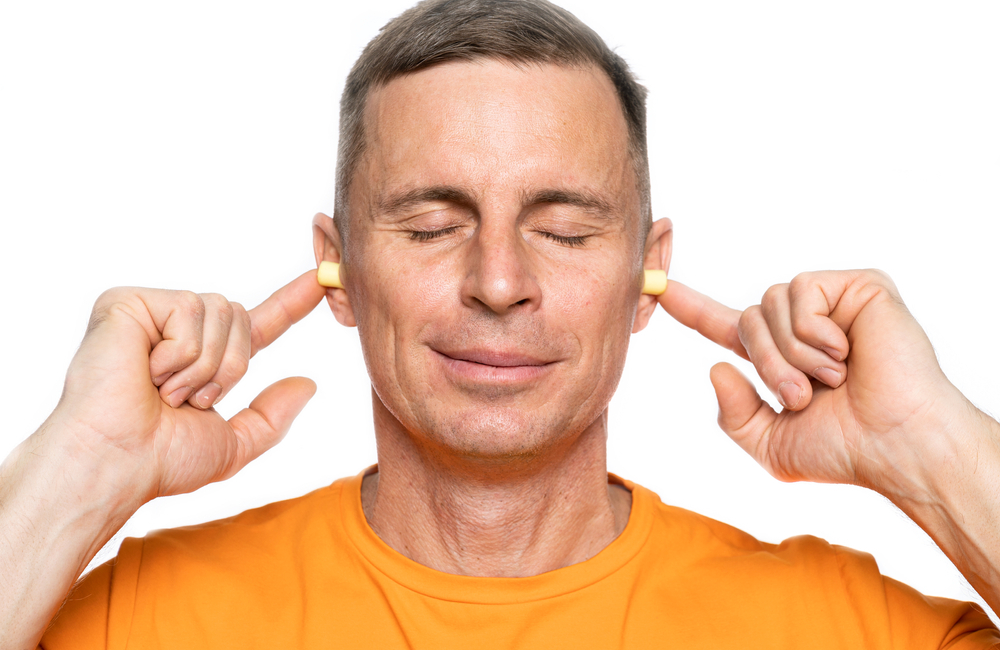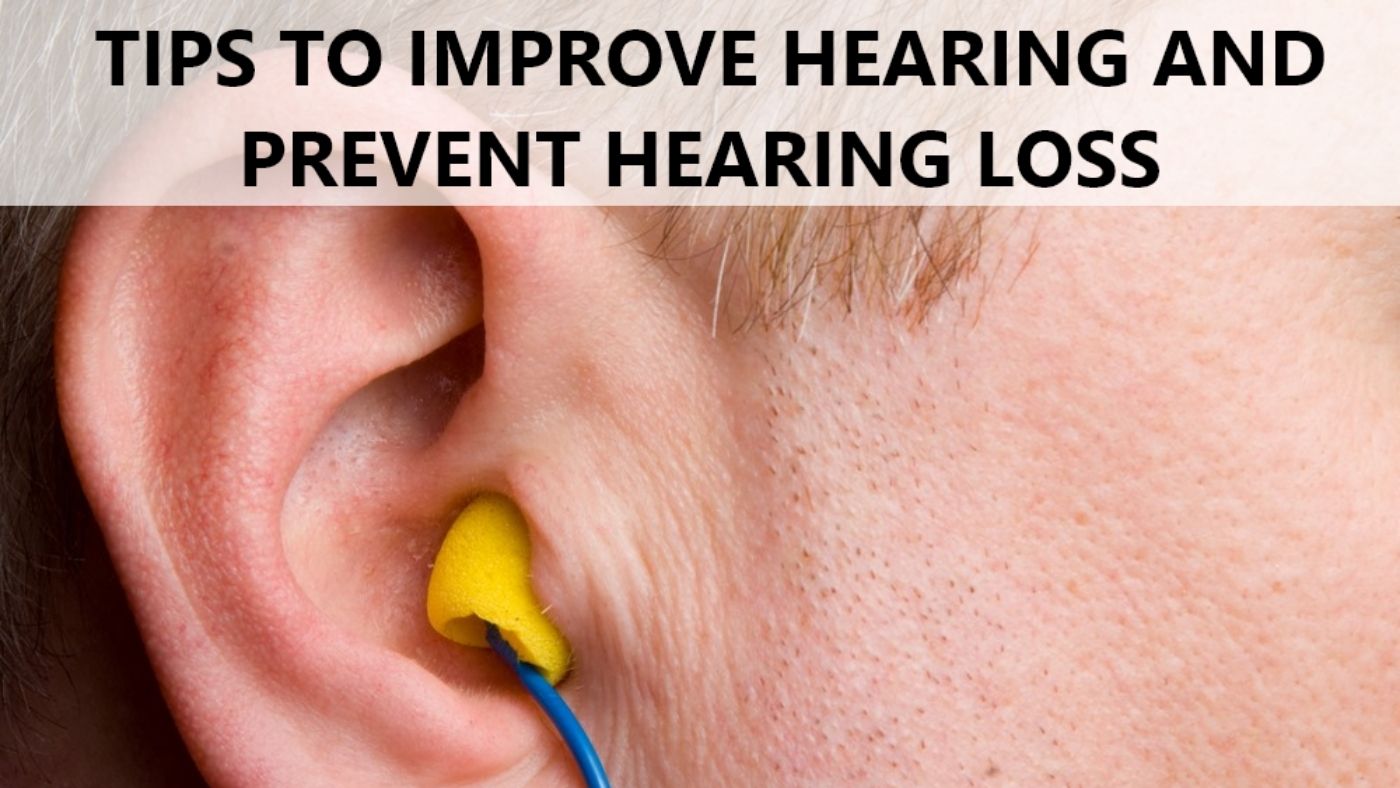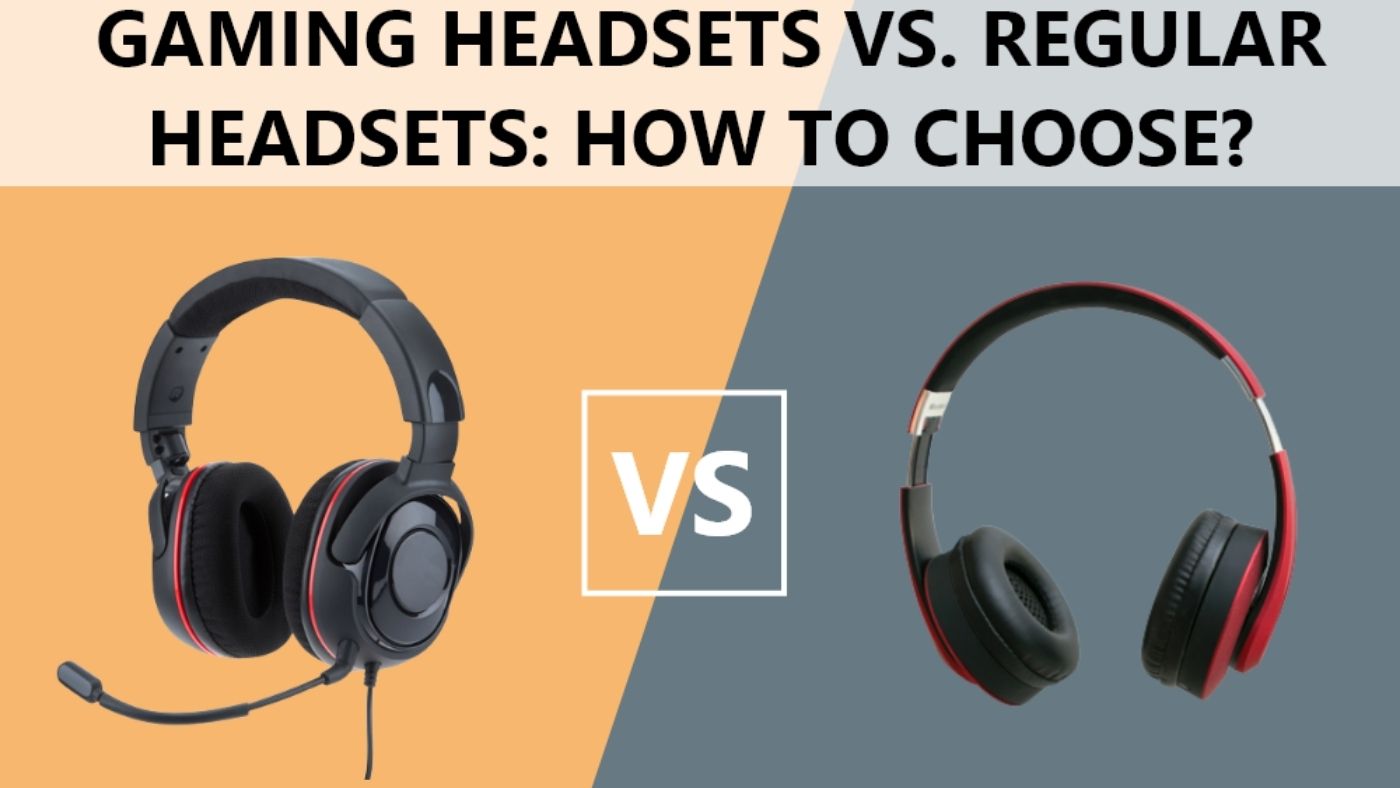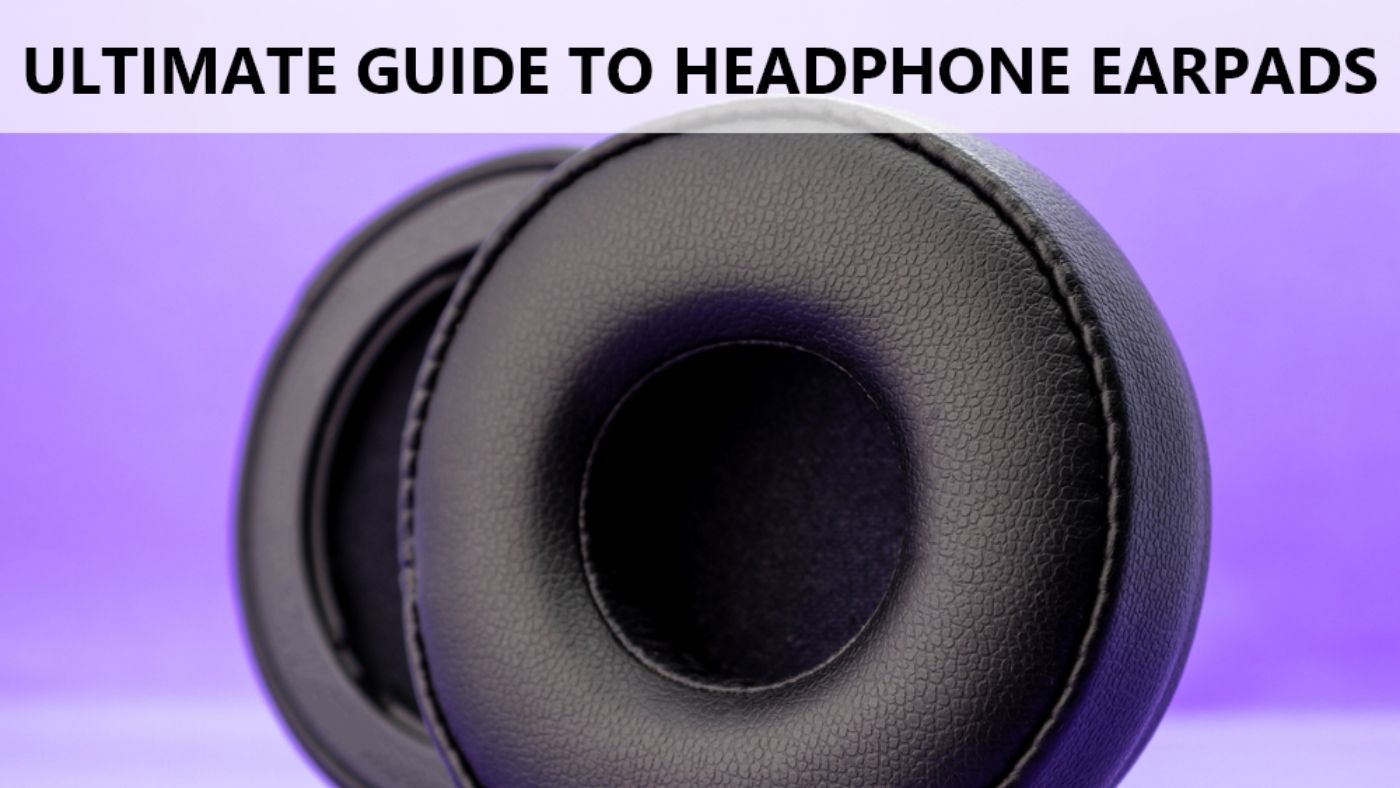Hearing is one of our most valuable senses, allowing us to take in information from the world and communicate with others. Unfortunately, hearing loss can affect people at any age due to various causes such as aging, trauma, and exposure to loud noises. Fortunately, there are some simple steps you can take to protect your hearing and improve your listening experience. This blog post will discuss tips for improving hearing and preventing hearing loss.
Use earplugs when you're in a noisy environment

One of the most common causes of hearing loss is exposure to loud sounds. To protect your ears from damage, it's essential to use earplugs in noisy environments such as concerts or sporting events. Earplugs can reduce the noise by up to 20 decibels, which will help protect your hearing and improve your listening experience.
Limit your exposure to loud noises

In addition to using earplugs, limiting your exposure to loud noises is essential. Avoid listening to music or other sounds at a high volume for long periods. While headphones can be convenient, they can also contribute to hearing loss when misused. If you are going to use headphones, make sure that the volume is not too loud and that you take regular breaks from listening.
Turn the volume down on your electronic devices

In today's world, we often rely on electronic devices for entertainment. Whether it's watching a movie or streaming music, it can be easy to forget that the volume is too high and cause damage to our hearing. To prevent this from happening, ensure you keep your devices' volume at a reasonable level while using them. Additionally, it's essential to take regular breaks from listening and give your ears a break.
Get your hearing tested regularly

It's essential to get regular hearing tests to determine if there are any changes in your hearing ability and address them before they become a bigger problem. A hearing test can help identify any existing damage, as well as possible causes for it. Additionally, with this information, you can make lifestyle adjustments that prevent further damage and improve the quality of your hearing.
Give Your Ears a Break

Noise-induced hearing loss can be caused by prolonged exposure to loud noises, such as loud music or construction work. To reduce your risk of this type of hearing loss, it's essential to give your ears regular breaks from the noise and wear ear protection in noisy environments. Also, try to avoid situations where you will likely encounter loud sounds for extended periods.
Keep Your Ears Dry

Water trapped in the ear canal can cause a condition known as a swimmer's ear, leading to hearing loss. To prevent this from happening, keeping your ears dry and avoiding activities that may involve submerging them in water for extended periods is essential. Wear earplugs or a swim cap to protect your ears if you go swimming.
Stay Physically Active

Exercise and physical activity can help improve your overall health, including your hearing. Regular exercise helps to increase blood flow to the ears and can help keep them healthy and functioning correctly. Additionally, regular physical activity has been linked with reducing stress levels, which may reduce noise-induced hearing loss.
Manage and Reduce Stress

Stress significantly affects our physical and mental health, including our hearing. When we're under stress, our bodies produce cortisol, damaging the delicate cells in the inner ear responsible for processing sound. So, it's crucial to find ways to manage stress levels to protect your hearing health. Some effective strategies for managing stress include regular exercise, engaging in activities that make you feel good, and getting enough sleep.
Know the Warning Signs of Hearing Damage

It's essential to be aware of the signs of hearing damage so that you can take action if needed. Common warning signs include difficulty hearing in noisy environments, ringing in the ears, and feeling fullness or pressure in the ear. If you experience any of these symptoms, you must see a qualified medical professional for an evaluation as soon as possible.
Stop Smoking, and Don't Start

Smoking is known to increase the rate of hearing loss, and research shows that it also makes it harder for people affected by hearing loss to benefit from devices such as hearing aids. Quitting smoking is a great way to reduce your risk of hearing damage.
Eat a healthy diet with plenty of fruits and vegetables

Having a healthy diet is vital for your overall health and can help improve hearing. Certain foods are especially good for the ears; these include leafy greens (such as spinach and kale), fish high in omega-3 fatty acids (like salmon, tuna, and halibut), and other sources of antioxidants such as nuts, beans, citrus fruits, avocados, whole grains, and dairy products.
FAQs
How long can I listen to loud music?
Listening to loud music for too long can damage your hearing, so limiting the volume and duration of exposure is best. Keep the volume of any audio device at or below 60 percent of its maximum potential, and try not to listen for more than an hour with noise-canceling headphones or earplugs.
How loud is too loud?
When sound is too loud, it can damage your hearing over time. Generally speaking, sounds above 85 decibels are considered too loud and can cause permanent hearing loss. Always wear ear protection when exposed to prolonged or intense noise to avoid this risk.
Conclusion
Our hearing is a precious gift, and we must take all necessary precautions to ensure its care and protection. Taking the time to reduce exposure to loud noises, using hearing protection in noisy environments, receiving regular hearing health checkups from an audiologist, and keeping hearing devices clean are just ways to protect our hearing from damage.
The importance of hearing is often underestimated until hearing loss or difficulty occurs, so it is wise to take steps to preserve our hearing even before this happens. On top of following preventative measures, seeking support from a trained audiologist can help us gain clarity on any questions or concerns about our hearing or hearing health we may have. Investing in our hearing today will pay off in years to come – not only by preserving the quality of our hearing but also by allowing us to enjoy life's many sounds with clarity.



